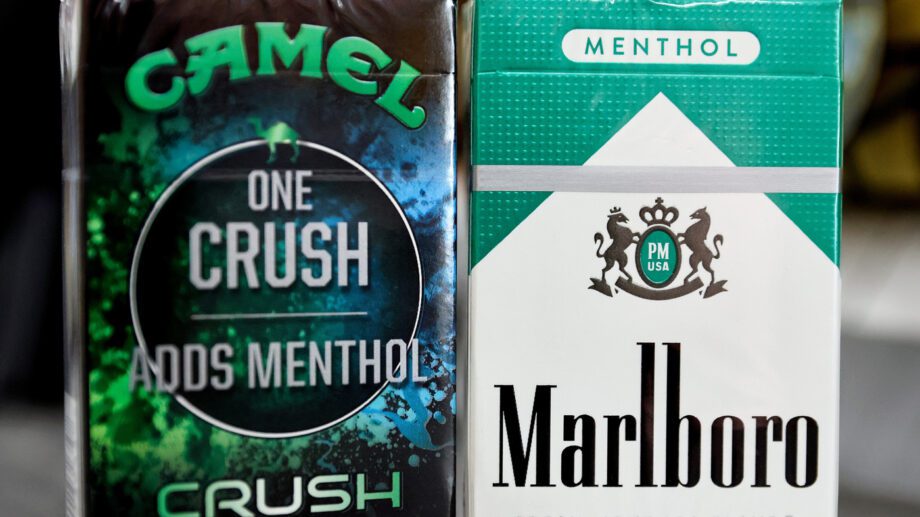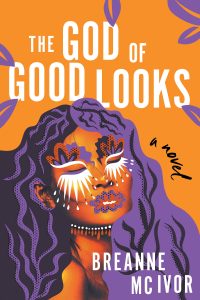Menthol cigarettes are popular among Black and Latino smokers, and a Biden administration official cited civil rights as a reason the ban is being dropped.
Mario Tama/Getty Images
hide caption
toggle caption
Mario Tama/Getty Images

Menthol cigarettes are popular among Black and Latino smokers, and a Biden administration official cited civil rights as a reason the ban is being dropped.
Mario Tama/Getty Images
The Biden administration indefinitely delayed implementing a long-awaited ban on menthol tobacco products, outraging anti-smoking advocates who say the White House is prioritizing politics over public health.
Controversy, especially within the Black community, is one reason Health and Human Services Secretary Xavier Becerra alluded to as rationale for dropping the proposed ban. In a statement, Becerra said the rule elicited “an immense amount of feedback, including from various elements of the civil rights and criminal justice movement,” adding that resolving the issues “will take considerably more time.”
The original ban on menthol cigarettes was proposed over two years ago, after extensive research on the effects of the minty flavoring.

Many public health advocacy groups expressed dismay, arguing that the debate over public health was resolved decades ago.
“This decision prioritizes politics over lives, especially Black lives,” said Yolonda Richardson, President and CEO of the Campaign for Tobacco-Free Kids, in a statement. “It is especially disturbing to see the administration parrot the false claims of the tobacco industry about support from the civil rights community.”
“The administration’s inaction is enabling the tobacco industry to continue aggressively marketing these products and attracting and addicting new users,” said Nancy Brown, CEO of the American Heart Association, in a statement.
Menthol makes up over a third of the US tobacco sales, but is disproportionately marketed in Black communities, as well as among women and LGBTQ populations. As many as 85% of Black smokers smoke menthol cigarettes – a health risk that also explains why lung cancer rates run highest in that community. So the issue of banning menthol cigarettes – or curtailing access to them – has divided the Black community.
Some civil rights leaders, most notably Rev. Al Sharpton, have received backing from the tobacco industry and have argued that a ban on menthol cigarettes would lead to more over-policing of Black communities.



